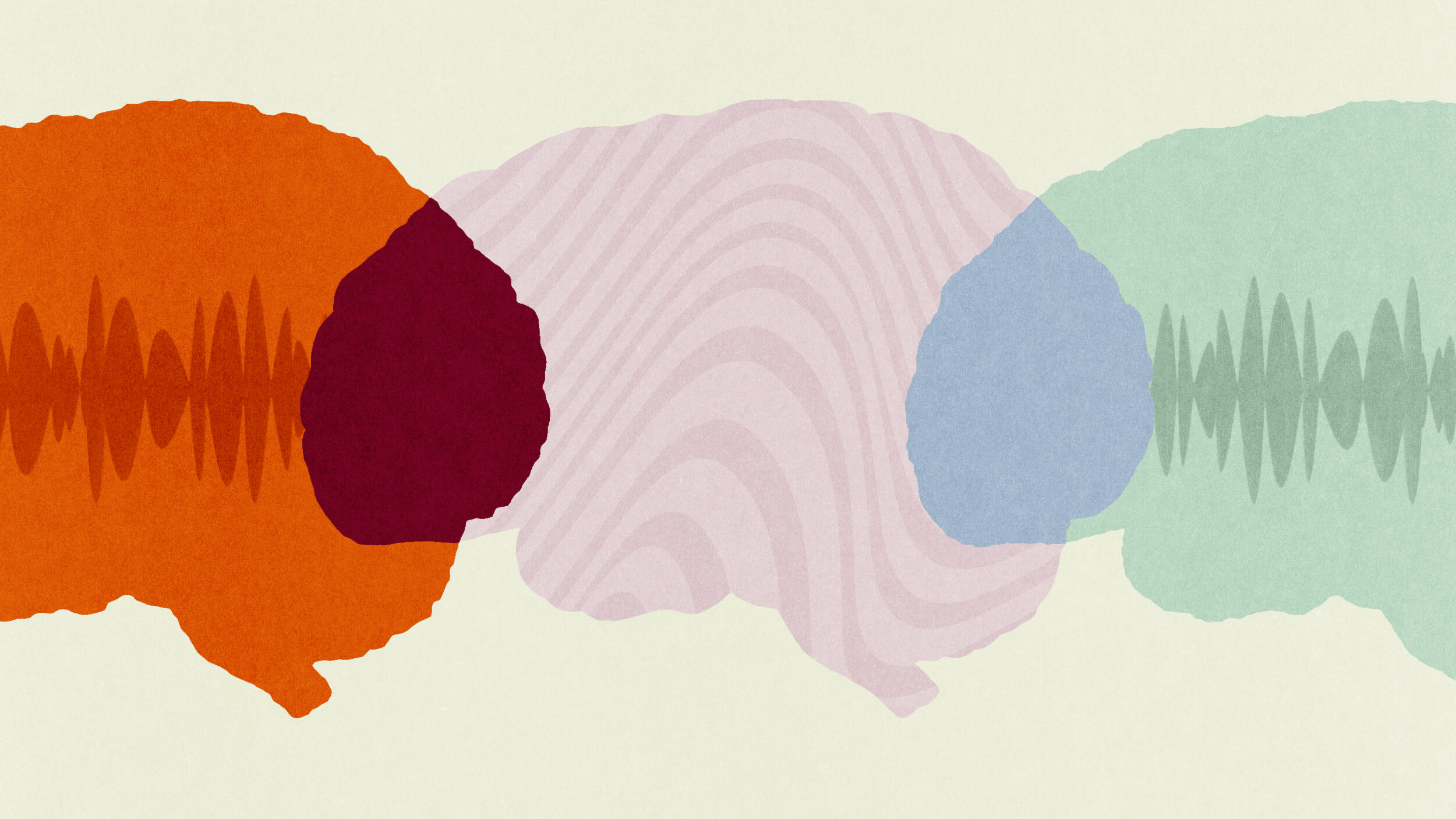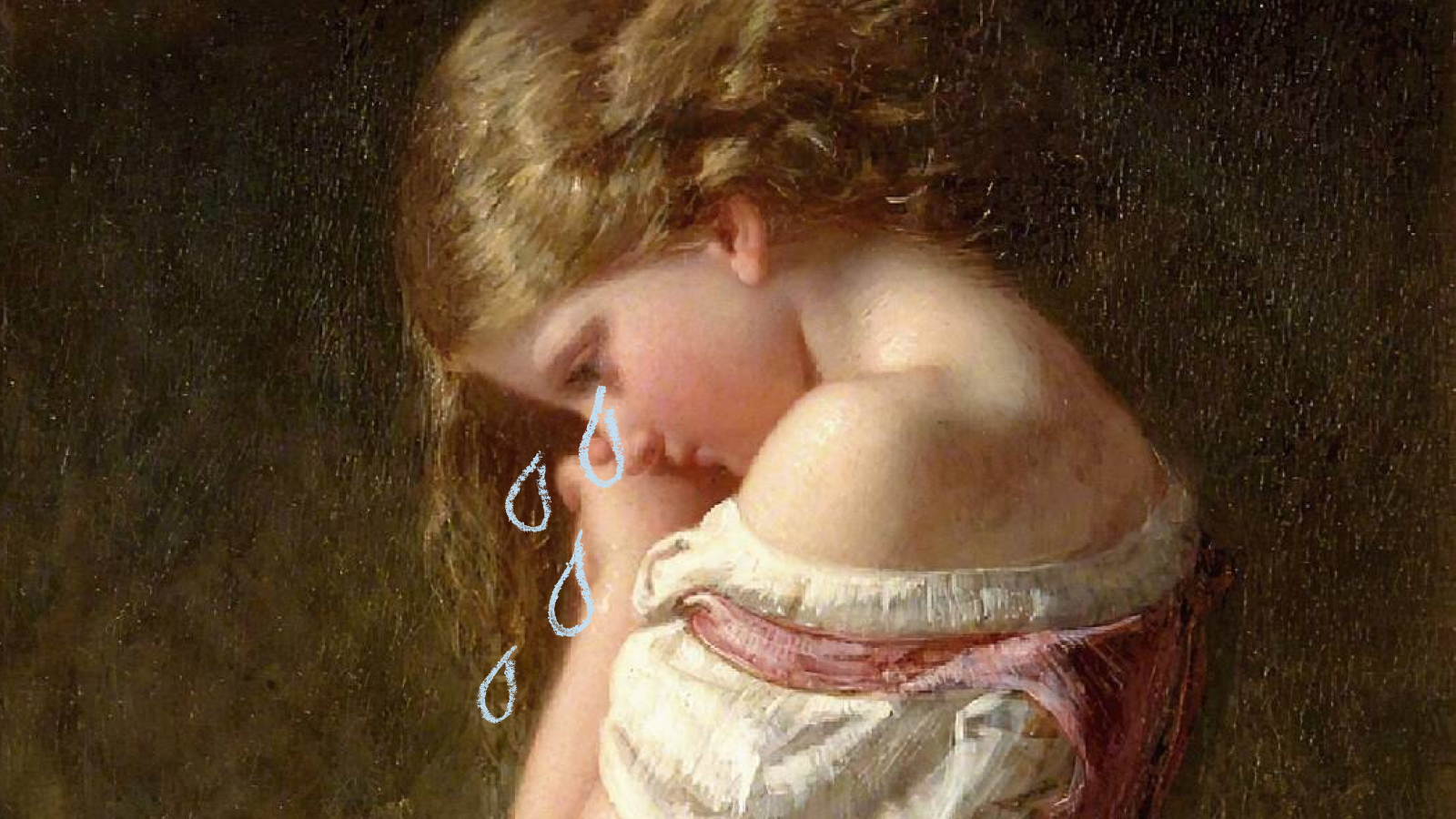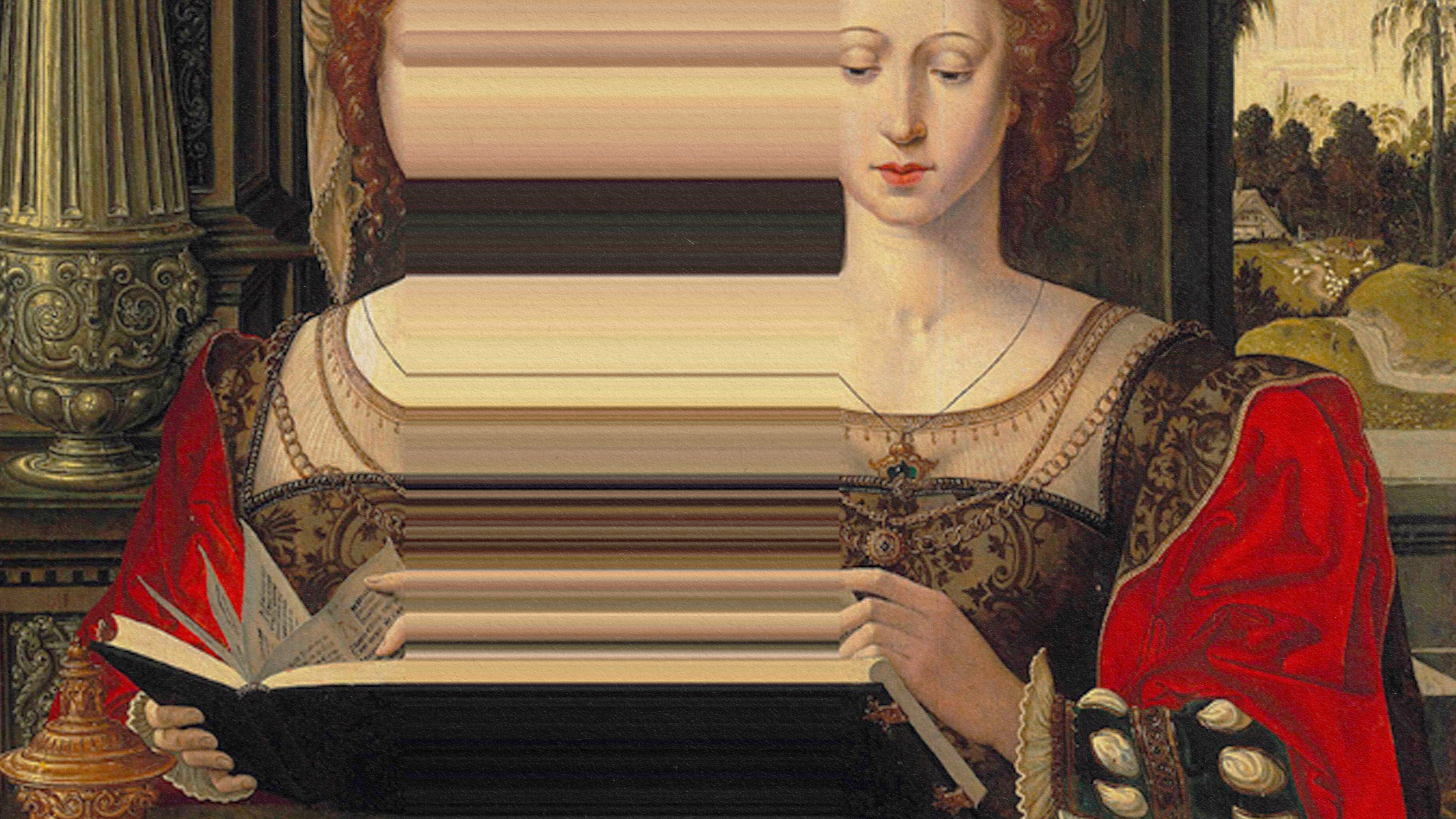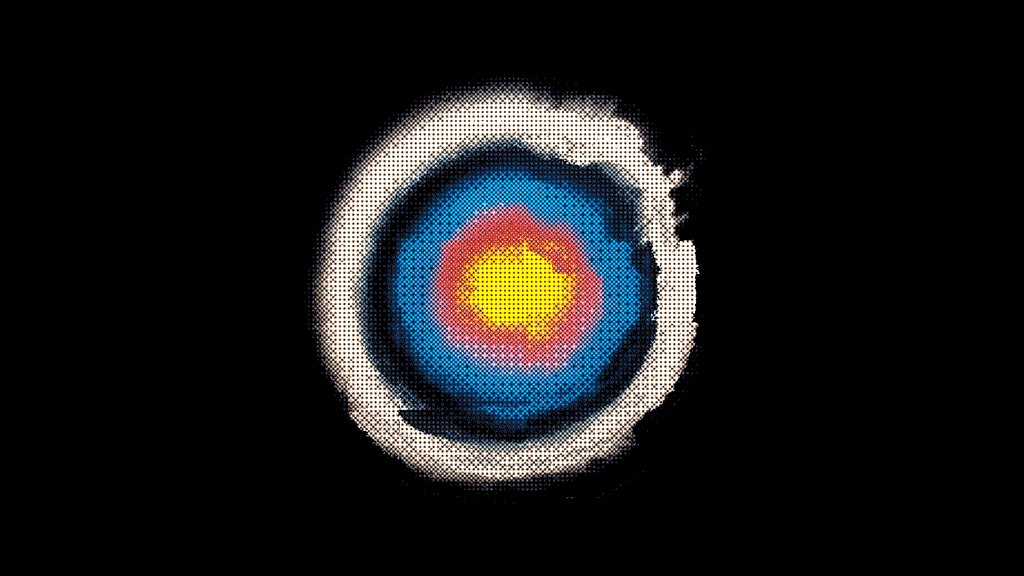Grief is a haunting and powerful psychological force. It struck astronomer Dr. Michelle Thaller in 2020 when her husband died of cancer. She was left feeling utterly disconnected from the people and places around her, as if the fundamental nature of reality had shifted and Earth was no longer her home.
She still lives with the pain. But as she told Big Think, she has found that the pursuits that make us feel connected to the Universe — science, poetry, art, literature — can serve as tools that help us continue pushing forward and living enriching lives.
The pain from losing our loved ones may never disappear completely. But finding ways to connect to something larger than ourselves just might give us a path out of grief.
MICHELLE THALLER: How many people are walking out of a hospital today, you know, knowing that someone they love is going to die, and wondering, "What the hell do I do?" And yet we don't talk about it. We don't really talk about what it's like to grieve. You know, whether you really love a parent or child or a spouse, the way life happens, somebody is going to die. Nobody wants that kind of grief to come into their life. I did not want my life story to include my husband dying of cancer when we were both pretty young. It's scary to go into pain that intense and not know how you're going to get back out. I found out the only way I could deal with it was to let it completely break me- and that's scary.
Andrew was about 14 years older than I am. One of the things that that made me very aware of was taking good care of his health. We were sitting on our couch in our TV room and he said to me, "You know, I'm feeling a little weird, a little dizzy, and there's a little bit of a tingling on the side of my face." And he said, "It's probably nothing. Let's not worry about it." I said, "You know what? Let's just go in and get it checked." Just a couple minutes later, we drove to our local hospital. When they heard that there was somebody who was suspicious they might be having a stroke, they said, "Well, let's get you into the MRI." It's sort of hard to even remember what our faces looked like or exactly what I felt, but it turned out that the MRI showed that he wasn't having a stroke- it turned out that his brain was full of cancer, more tumors than they actually bothered counting. It was amazing to walk out of the hospital knowing that my husband was going to die of cancer, and I didn't know how that was going to work. What happens? The sentence formed very clearly in my mind: "This isn't my planet anymore." I felt like I was on some different plane, like a ghost, and it almost felt like, was I about to fall through the floor? If I touched something, would my hand go right through it? You just saw all these people around you going on with life, and you felt completely separated from it.
One of the things that we said when we were married is that, "When the Universe began, I was holding your hand. And when the Universe ends, I'll still be holding your hand." We actually do think that space and time in the Universe are probably very different than our senses tell us, that there's more to it than we perceive. 100 years ago, Albert Einstein actually had a friend who died, and he was writing a letter to this friend's wife. And he said famously that, "The past, present, and future are persistent illusions." They're not real- that time exists as more of a landscape, a structure all at once. It's not that this moment now is real as opposed to the past and the future- they're all equally real. When the Universe came into being, in some ways, all of time came into being all at once. It's a strange thing to think of. Those parts of the Universe, those parts of space and time that he exist, still exist as much as this moment. And I am still holding Andrew's hand, and we're still laughing and we're still falling in love, and he's still dying in my arms. And that is the enormity of life that physics makes you confront, that we really don't understand yet what reality is.
Human brains react a certain way because there is a purpose: you know, our emotions have real meaning. What I learned is that I couldn't start to heal, I couldn't get out of the darkest places until I let that pain happen. When you're dealing with something as deep as grief, that becomes very harmful. And so for the first time in my life, I had to really deal with my emotions and own them. You go into this dark cave of pain and feeling utterly lost, and not know how you're going to get back out. And how is it that our culture allows that? How is it that we allow each other to be so isolated and alone, and everybody wonder if they're doing it right? In a way, we all kind of reinvent the wheel. People often say, you know, "What use is knowledge?" Like, you know, poetry and myths and science and all of these things. You know, what use is it to you as a human being? I found that all of these things give you different tools to help you deal with the hardest things in life. I still feel the pain and the loss. I don't want to lose that; I want to weave that into the new person that I am. There are people that specialize in taking, you know, a beautiful vase that's been dropped and shattered into dozens of shards: They actually begin to put it all together with gold filling in all the cracks. And so, something that was very beautiful to begin with becomes even more beautiful for the fact that it was broken. I am now trying to figure out how I want to put myself back together.
Things are not determined. There's no more a guarantee that I'm going to live a life of misery than there is a guarantee that I'll find love again. This is what happens when you just need to have some faith that you're going to find some way to get through this, and think about how, you know, you want to build yourself into those broken bits, how you want to grow. But I can tell you from the belly of the beast and all the way through, the inspiration I find in the Universe, in what's larger than me, in the big questions: A few weeks after Andrew died, I hosted a sample taking from an asteroid, and I remember getting excited. I remember smiling. And as we were going down to sample the asteroid, you know, I just remember the thrill of it and the thrill of the questions. Whether it's the poetry or the the music or the art or the science, everything became a tool to keep going, to keep existing: You can enrich your life and it will help you. It will not take the pain away, but it might give you a path out of the grief. And that, to me, is worth continuing for.







